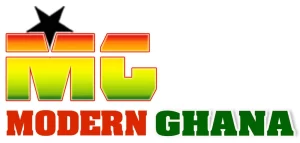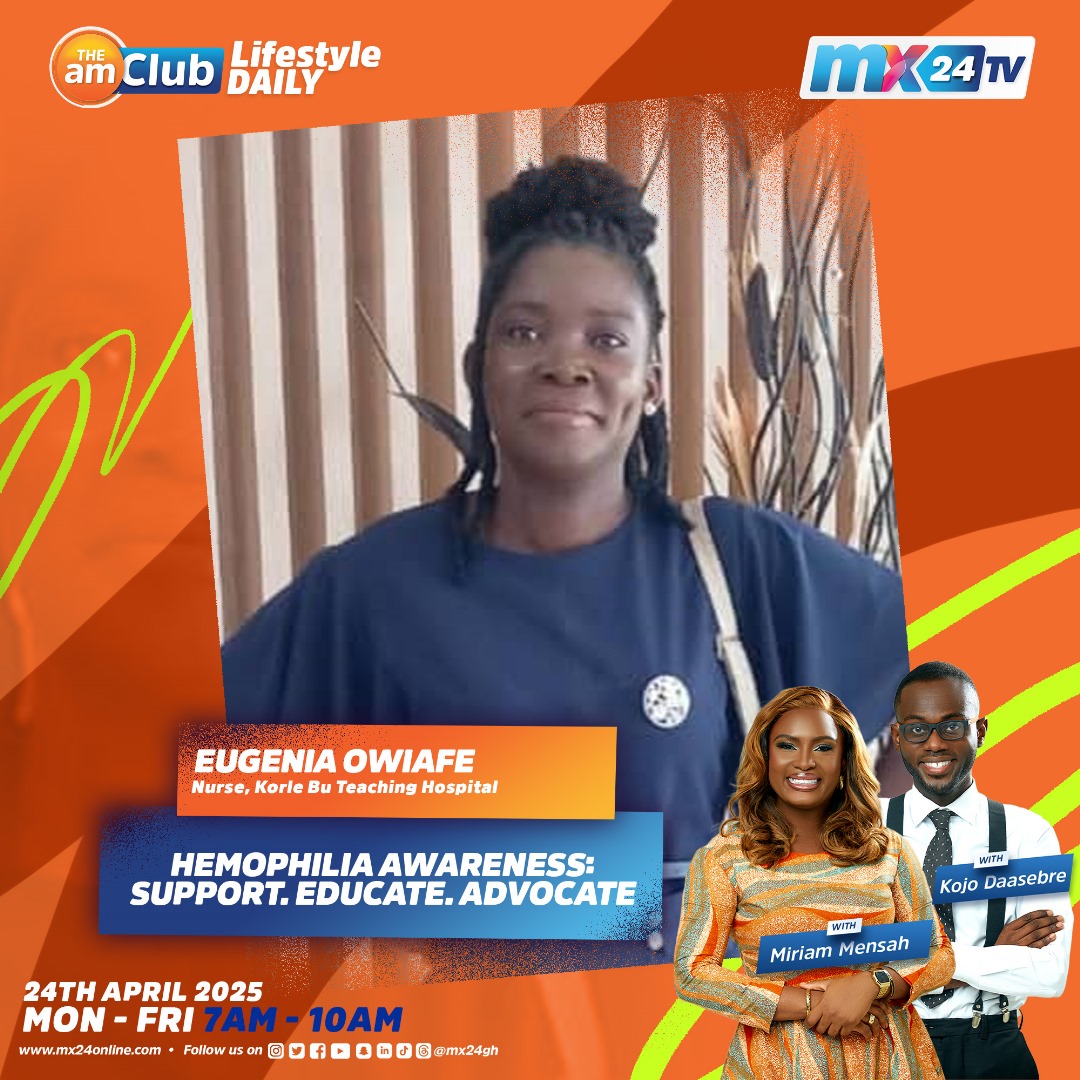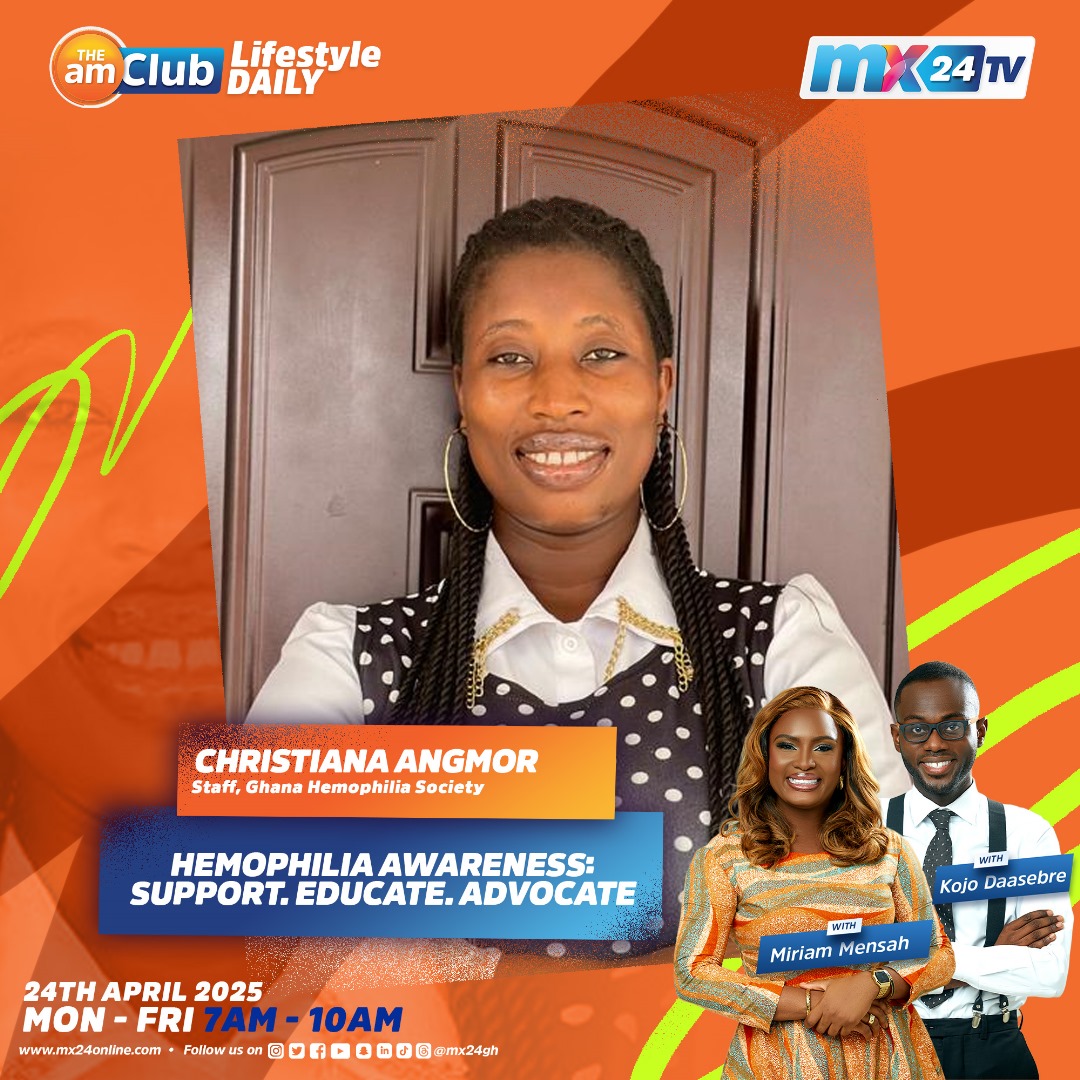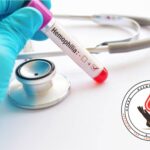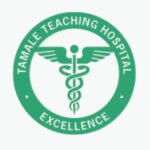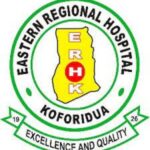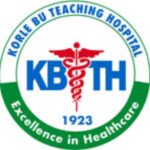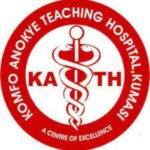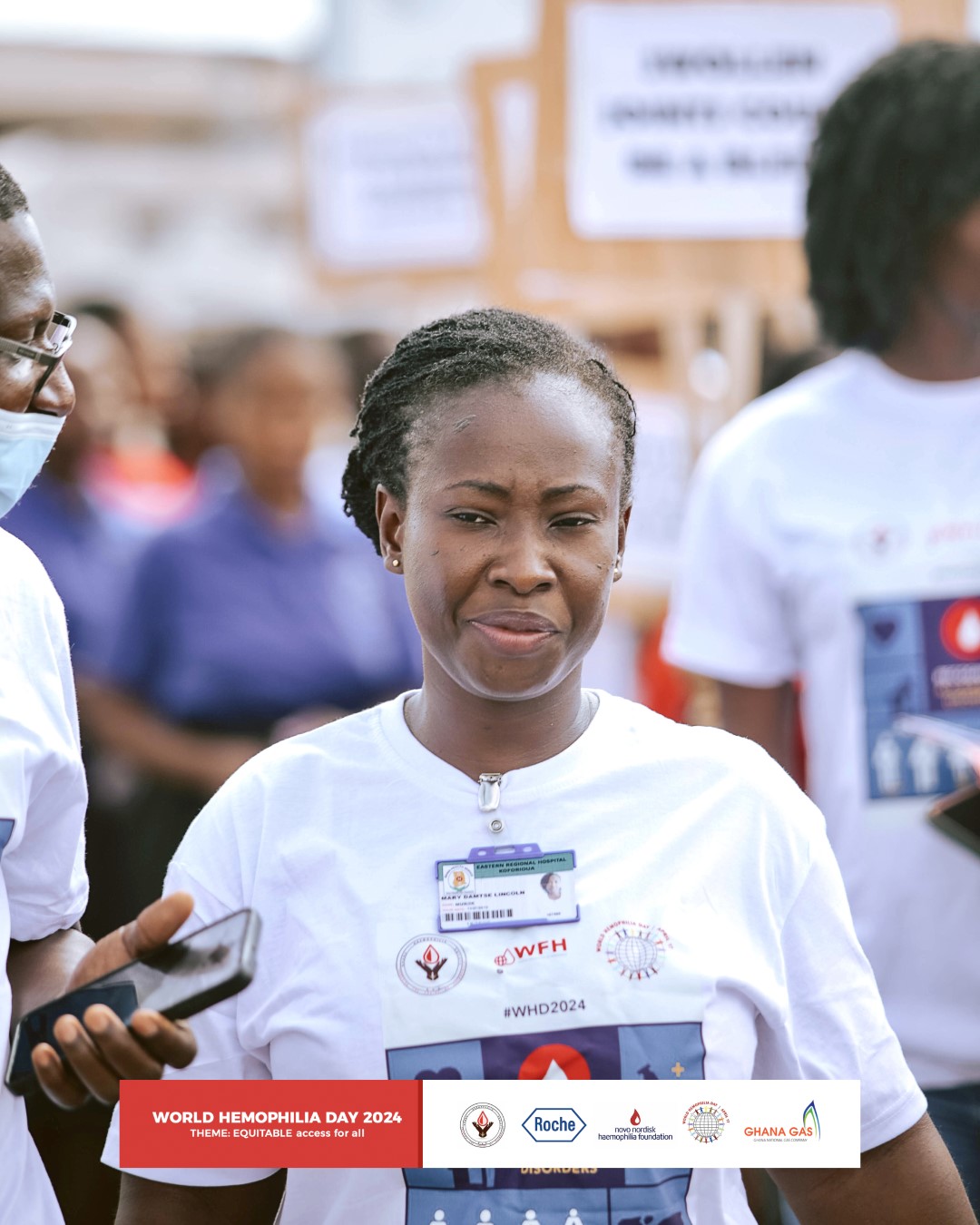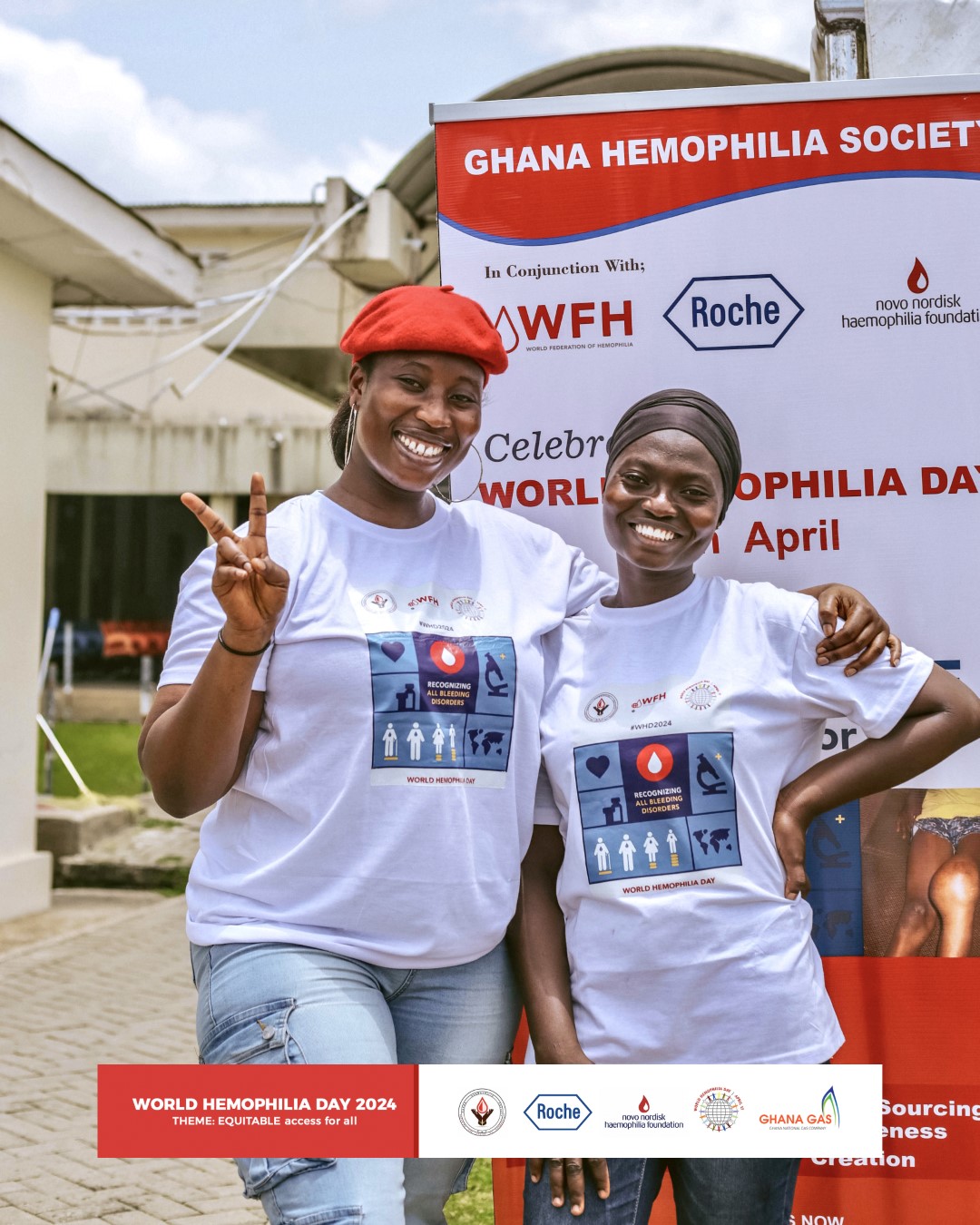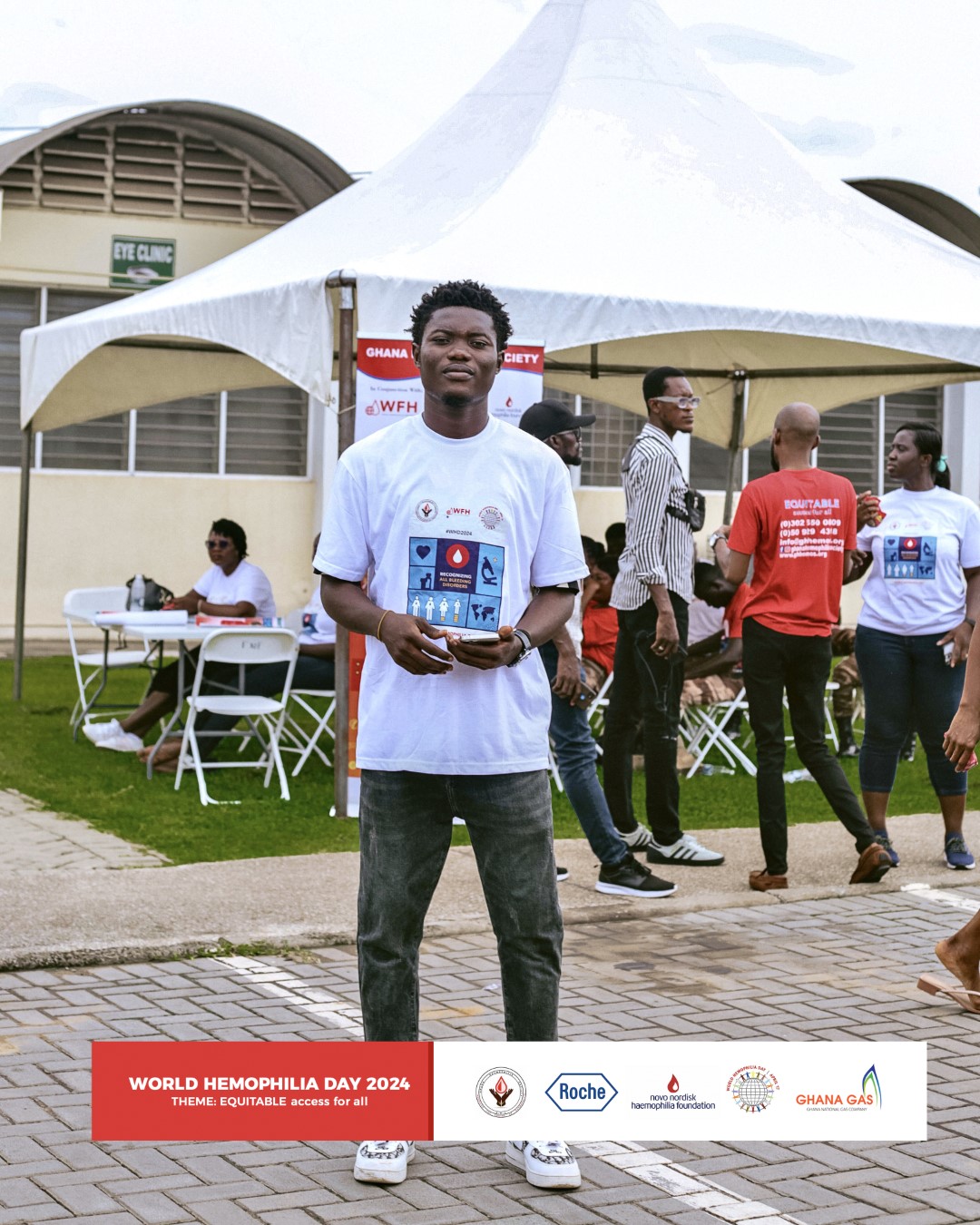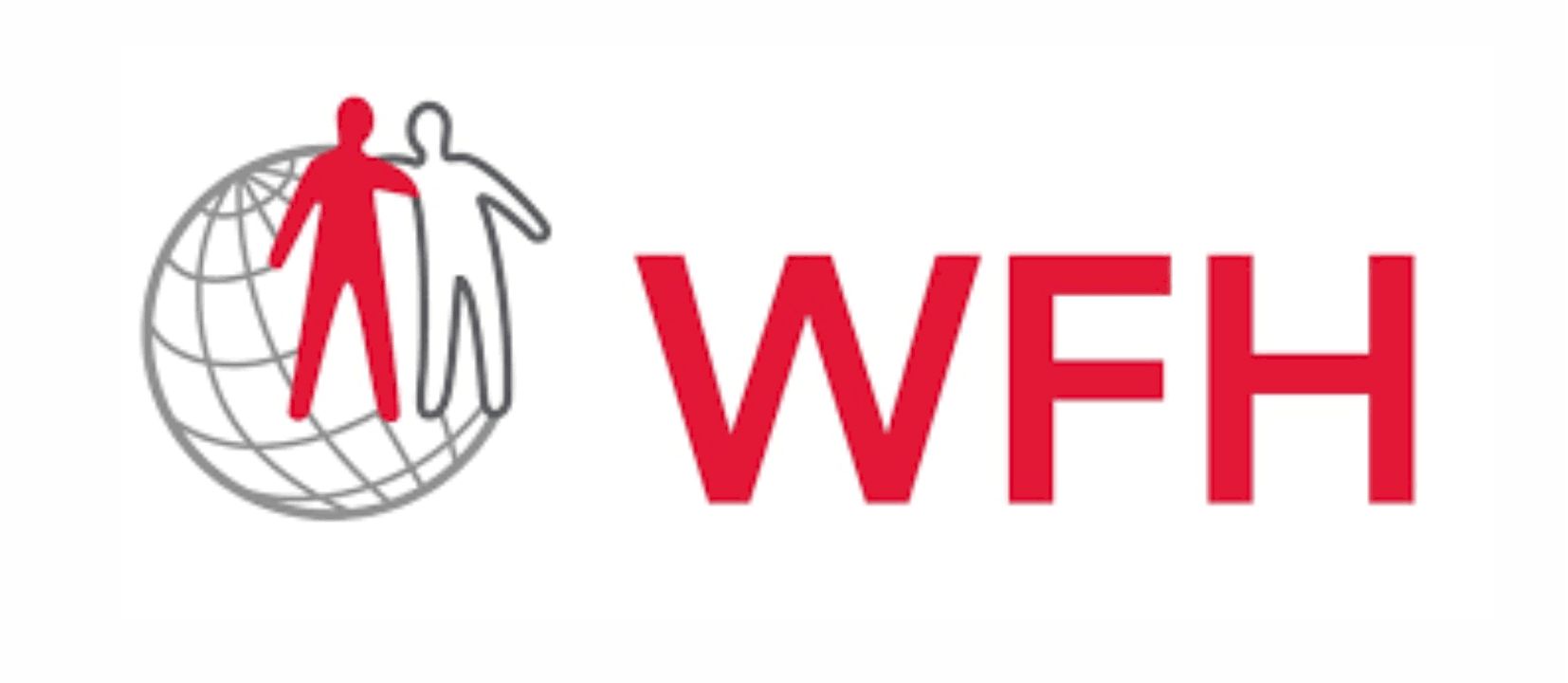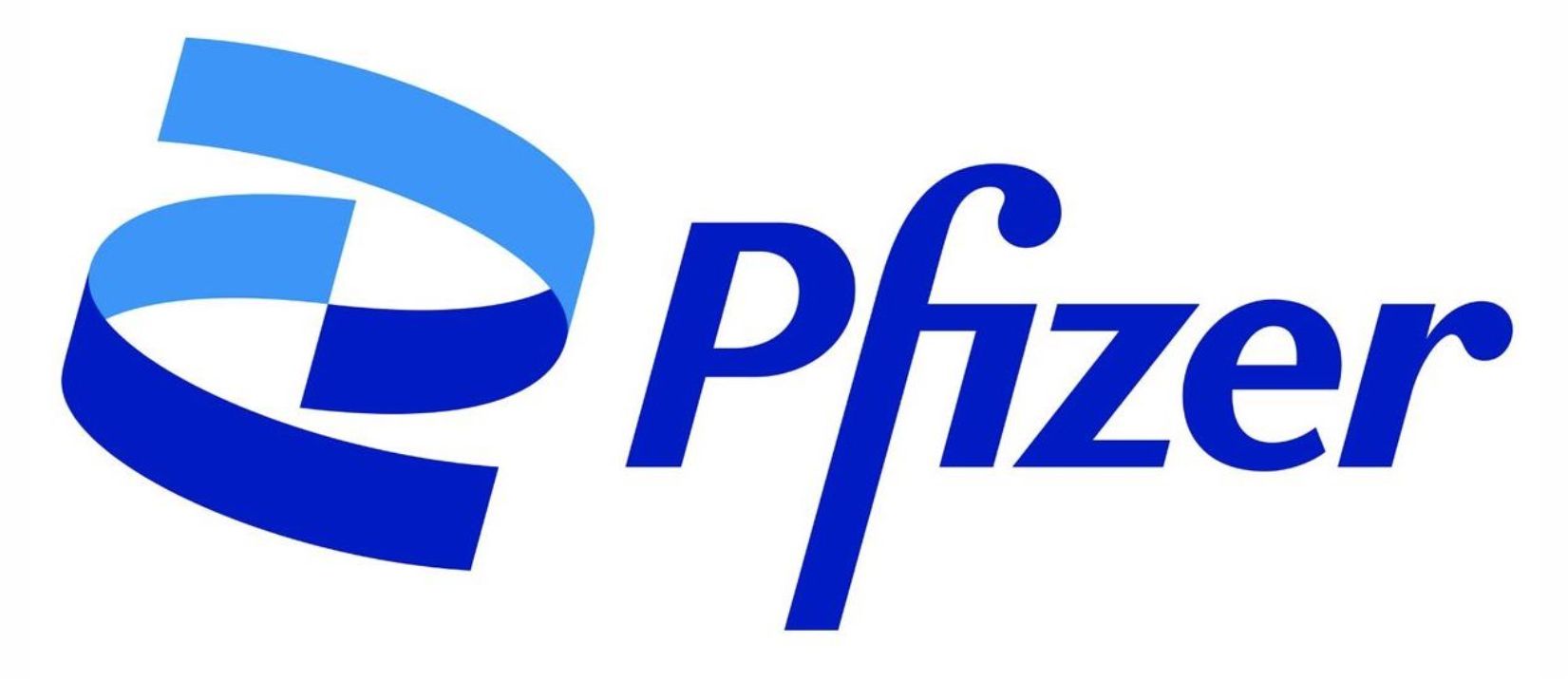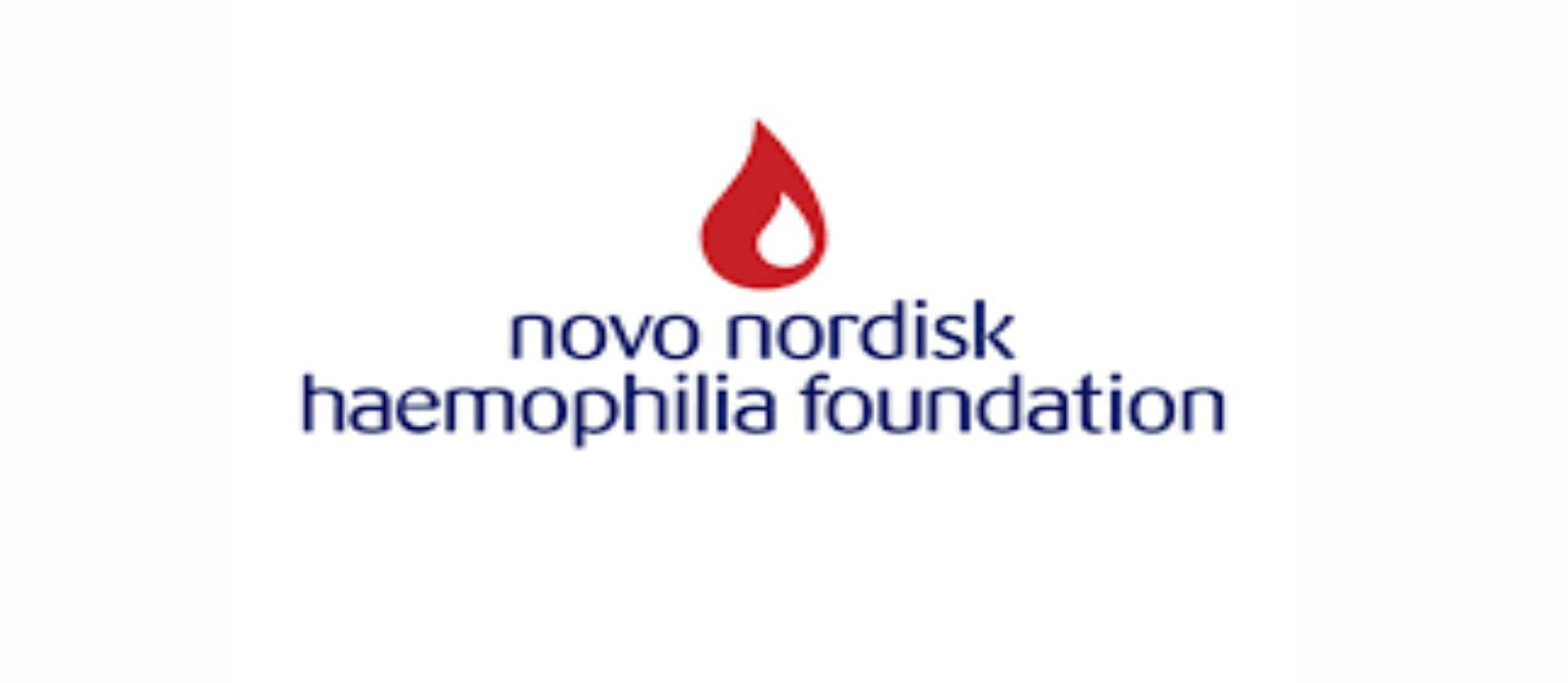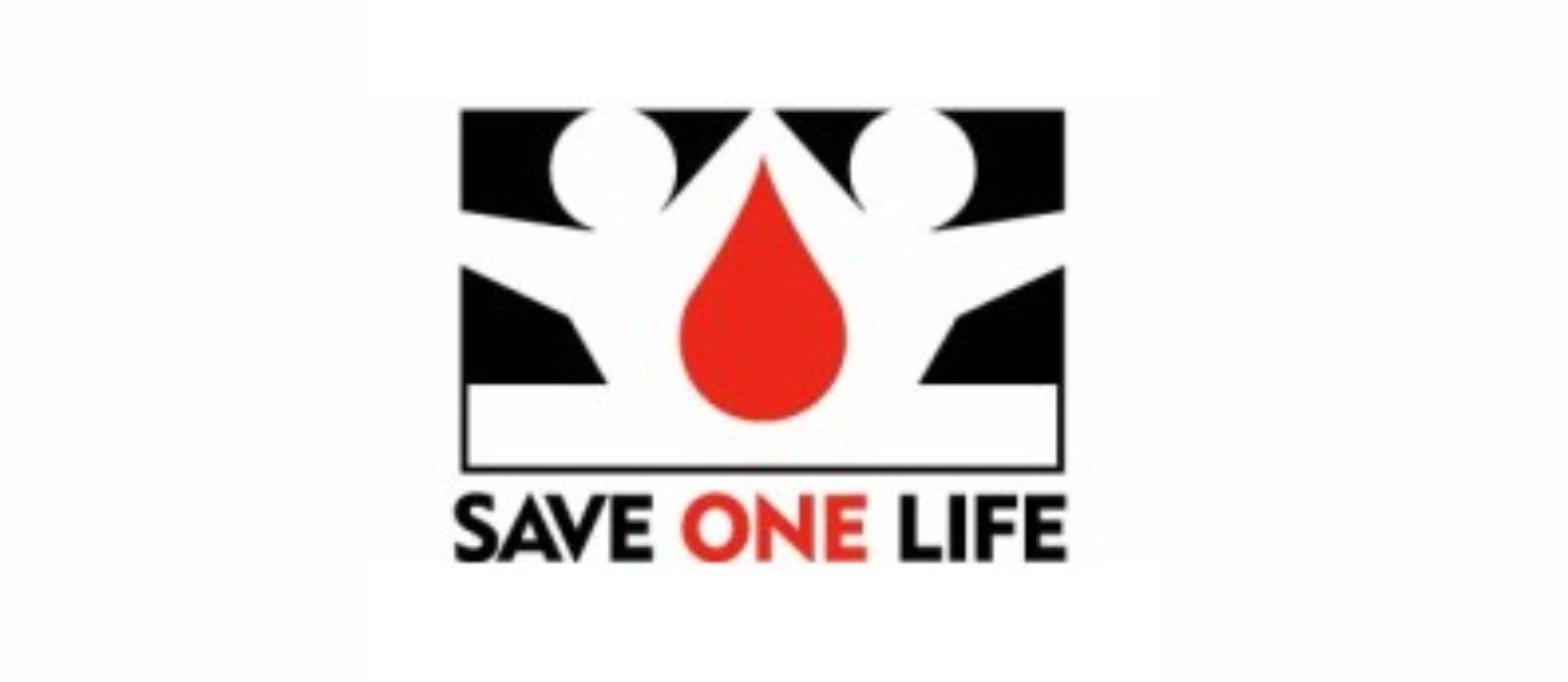


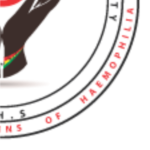
Intro to Ghana Haemophilia Society (G.H.S.)
In 1998, the family of Boakye (Mr.) painfully lost their four-year old son to haemophilia. The boy until his death had gone through various painful experiences because of the symptoms of a bleeding disorder. There was no known treatment to reduce the pain let alone cure the suspected disease until one day the inevitable happened; he died through a minor head injury that led to internal bleeding...
What is Haemophilia
WORLD HAEMOPHILIA DAY 2025 THEME
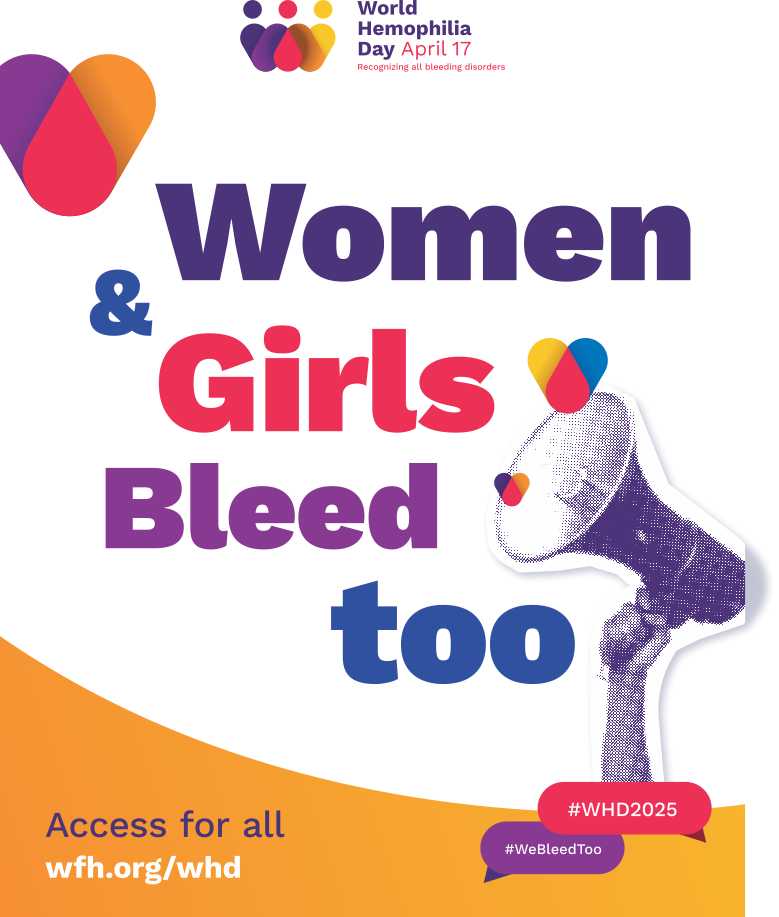
About Bleeding Disorders
In people with bleeding disorders, the blood clotting process doesn’t work properly, with the result that they can bleed for longer than normal, and some people may experience spontaneous bleeding into joints, muscles, or other parts of their bodies which can lead to developmental and permanent mobility issues.
What we do
We Find & Fund
We are in search of opportunities to help as many youths with hemophilia as possible. We approach and fund all those who are in need.
We Educate parents and patients
Parents and patients are also educated about the condition so as to enable them have an understanding of how to manage haemophilia.
We Train health care providers
As part of the society’s responsibilities, health care providers from different parts of Ghana are offered special training to increase the number of health care persons to help in breaking the chain of haemophilia.
We Create Awareness
G.H.S. undertakes campaigns to spread and convey information about haemohilia to the public. This is usually done through events and ceremonies where the general public is invited. Also, the society carries out outreaches in various parts of the country to create awareness..
G.H.S. Activities
Meeting with the Novo Nordisk Hemophilia Foundation team and the medical director of KATH. Read more….
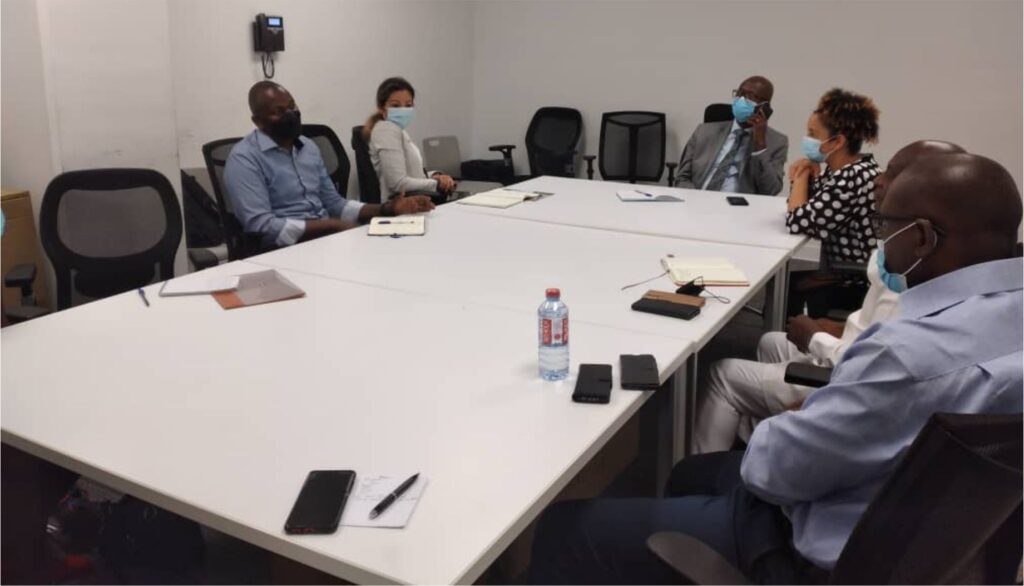
GHS in collaboration Novo Nordisk Hemophilia Foundation team.
This workshop was organized by WFH and held at the Golden Tulip hotel in Accra Ghana. Read more….
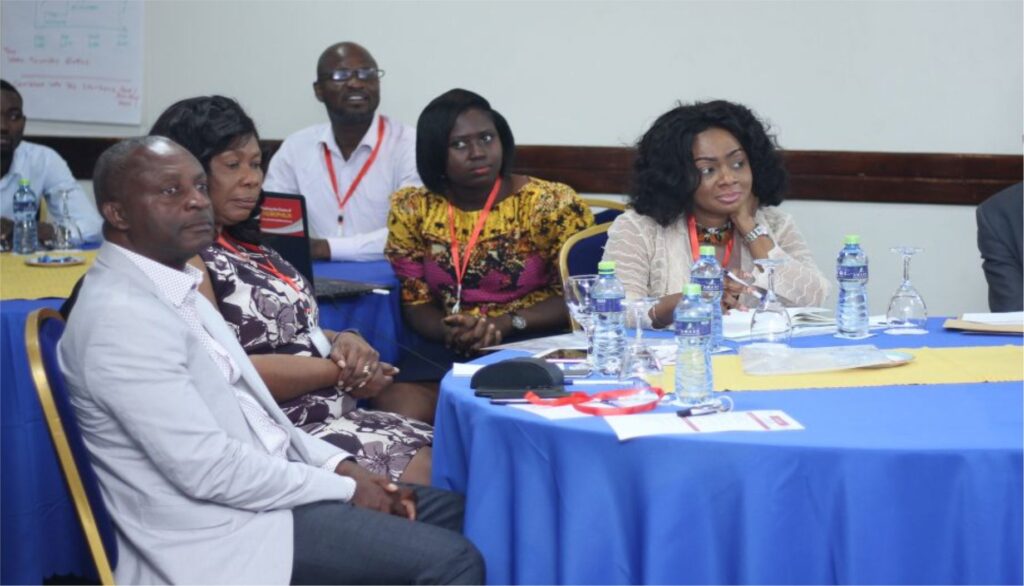
Strategic project planning & Training of Board Members, Staff and Volunteers
GHS was part of this year’s global team increasing awareness of hemophilia Ghana Read more….



